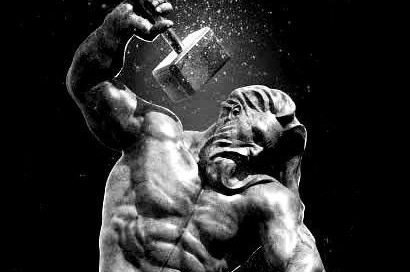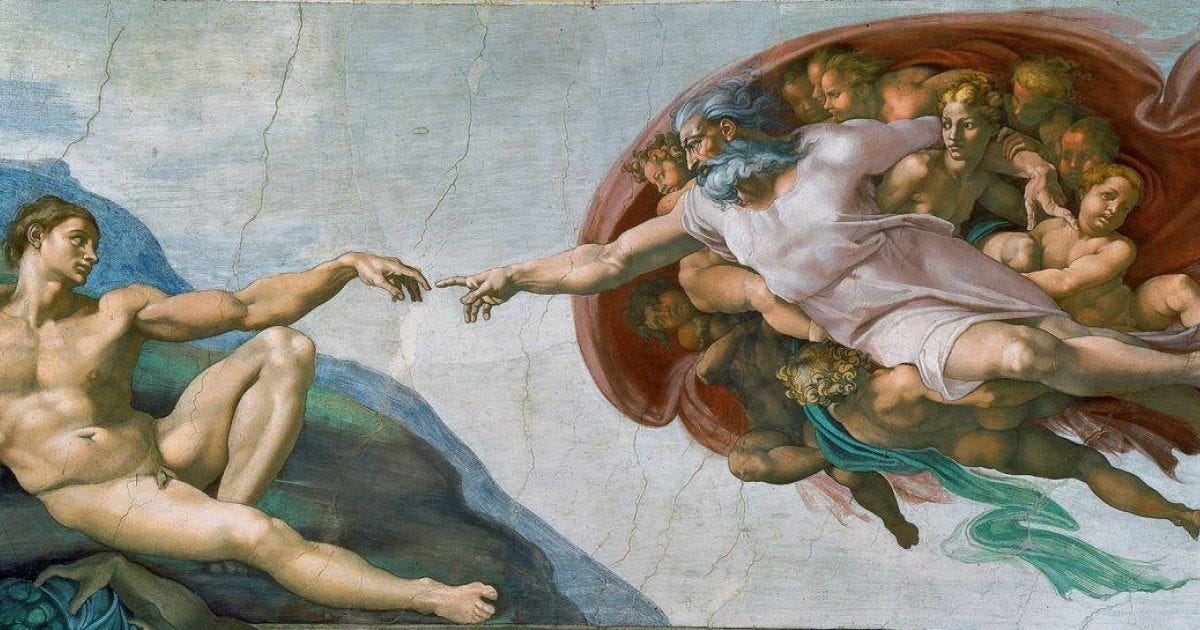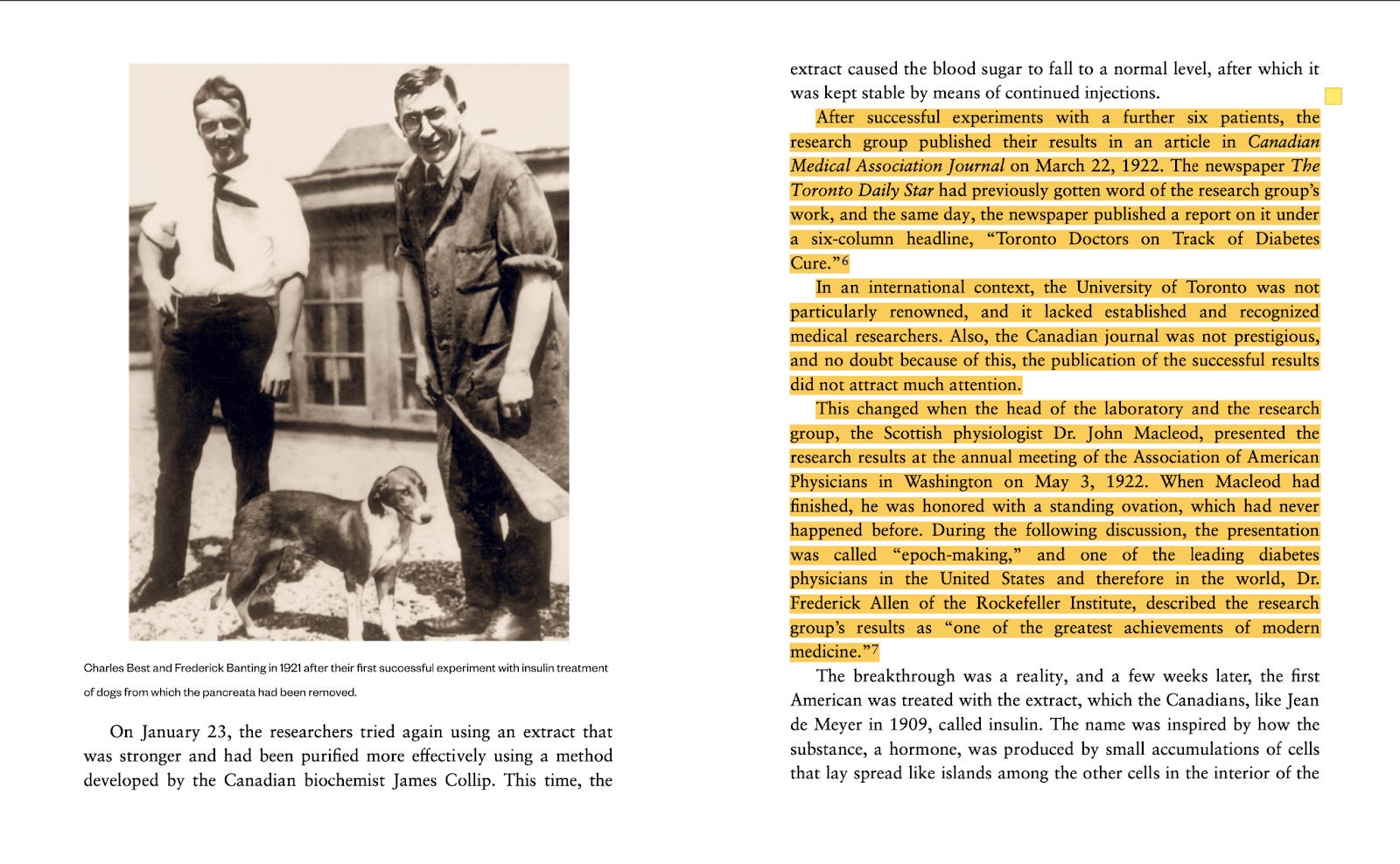Everyone should make something—a zine, an essay, a Twitter thread, an Instagram video, a book. Anything, really.
The biggest objections I hear to this rallying call are, “I don’t have the skills to make stuff,” or “Only certain types of people are allowed to make stuff.” Fundamentally, I think this is a result of not understanding that the world is a malleable place, and we can all exert our influence and shape it with persistence, effort, and a healthy dose of optimism.
A friend once asked if ideas are born or made interesting, and I think the answer is both. You start with an idea, collide it with reality, gather feedback, and learn something about the world and yourself, which helps to refine your ideas further. As always, learning is the natural consequence of doing/making stuff.
Another important consequence of making stuff is increasing your capacity to think more broadly [and better] about a problem. In other words, creation leads to imagination [and problem-solving] rather than the other way around.
Equally important, making stuff allows you to build up your agency, which is the capacity to act regardless of external circumstances. Or, as Simon Sarris puts it, “the capacity to do something differently from, or in addition to, the events that simply happen to you.”
I’m particularly drawn to the concept of agency and the many ways to express it because this idea holds some answers to solving the problems in number 2 above.
“I don’t have the skills to make stuff” fundamentally stems from an idea [usually propagated through social and mainstream media] of what “making stuff” [usually high-tech] looks like.
For example, a pharmacist who attends to prescriptions every day can decide to gather them, analyze the data, and write an article or a book on the prescribing patterns in their environment.
Ditto for someone interested in skin care. You can create a Notion site recommending your favourite skincare products, explaining why you like them, or write a Twitter thread about your observations.
And with my all-time favourite example, you can be the dad who decides to record their daughter’s progress through the years and make a video reel about it. Or the guy who leveraged AI to build this hilarious app for Nigerians. Or be like Vistanium, inspired by Neal.fun, who made this very useful interactive site.
The overarching point is that no ultimate guide or standard1 exists for creating stuff, especially when it’s something you’re genuinely interested in or curious about.“Only certain types of people are allowed to make stuff” is a close cousin of the first problem but presented differently.
a) Like in 7 above, there’s a misconception that people who make stuff come in only one flavour—either Tony Stark or Bruce Wayne [intelligent, charismatic, rich, etc]—with nothing in between. Thankfully, as evolution shows, there is no “singular optimal personality profile because no such profile exists across all possible varied landscapes.”
This is a roundabout way of saying everyone has strengths and weaknesses, so focusing on your strengths can be advantageous.
b) Interestingly, this variation in the strengths of different builders/makers is everywhere when you start paying attention.
From Medicine2:
To Technology:
Read more here
To politics:
Read more here
The central point is this: we all have unique strengths and weaknesses and corresponding ways of seeing the world. If channelled properly, we can all create stuff that expands the collective view, richness, and experience of the world.
The primary thread—you could say the reason to get out of bed—that drives all my work is being useful [both to myself and my immediate community]. But I’m also aware that I didn’t always start out wanting to be useful. I started to calibrate my sense of self through groping in the dark and colliding with reality by putting stuff out in the world. And this, in turn, allowed me to identify my Raison d'être. So, whenever someone says they don't know what to do or their place in their world, my prescription is always the same:
Rx:
Just. Make. Stuff.
PRN.
Outside of regulated industries, at least.
A little backstory: When insulin was first discovered in the 1920s, the core scientists (Banting and Best) who worked on it couldn’t convince a scientific audience about their breakthrough drug. It wasn’t until a senior, more charismatic scientist [Macleod] came up and “sold” the vision of what had happened that the scientific community understood the importance of their discovery. Macleod would share the Nobel Prize for medicine or physiology with Banting, excluding Best, who had also worked closely on the discovery.
The point is that Macleod had different skills [access to funding, prestige, excellent oratory abilities] to offer the discovery team, and that’s part of what got him into the room. Of course, the controversy around Macleod getting the Nobel Prize is a raging topic for another day.
Bonus point on how making stuff doesn’t have to be in one way: https://x.com/bollyvfx1/status/1829378508633817566?s=19
Speaking of agency, here are a few articles on it that I love and swear by:








